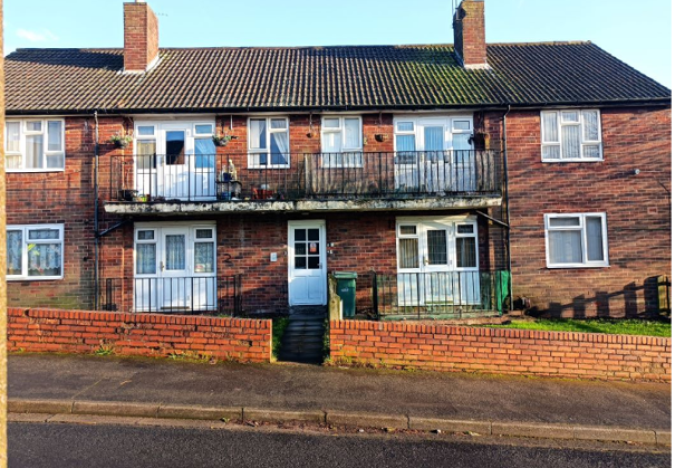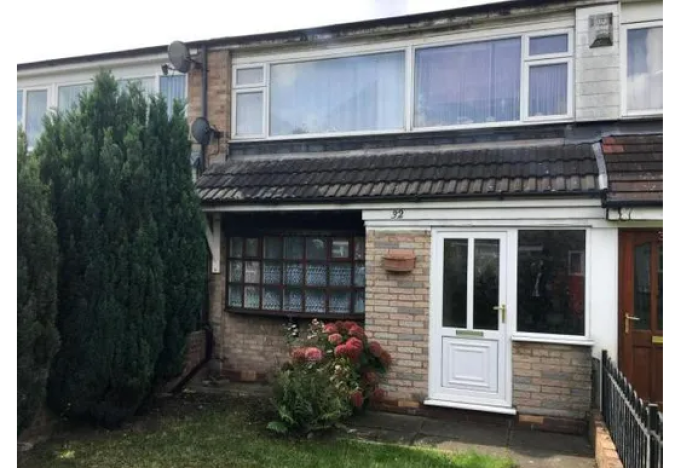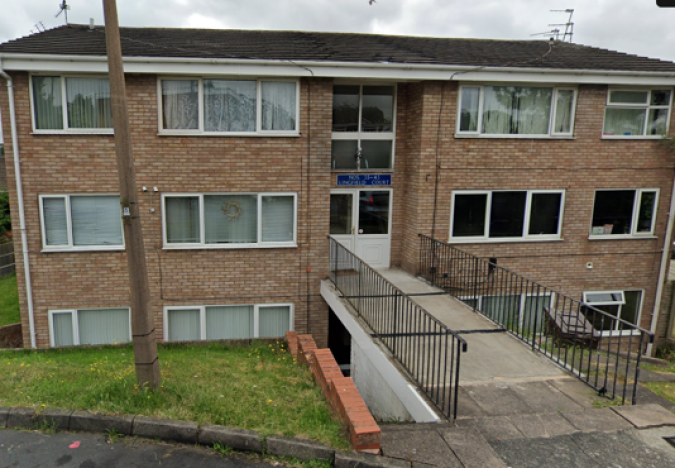
An update on mortgages
With interest rates continuing to rise, what’s going on with mortgages?
Mortgages have been hitting the headlines again. On 11 May, the Bank of England raised the base rate by another quarter percent to 4.5%, sending a shockwave through the industry just when many people hoped that rates might be on their way down. Homeowners on tracker rates will see their monthly repayments rise yet again, while buyers might be feeling concerned. So what’s going on?
Even financial advisors have been taken by surprise. Aaron Strutt of Trinity Financial says: “It has been a pretty hectic few weeks with a lot of mortgage rate increases and product withdrawals. We thought the scale of changes had slowed towards the end of last week, and then Barclays, Santander and TSB made a selection of price hikes.”
There are still lots of mortgage products to choose from, but frustratingly, rates are now higher than they were. Strutt notes that: “some rates are more expensive than others. For example, Santander’s lowest two-year fix is currently 4.73%, and its cheapest five-year fix is 4.39%. Nationwide’s cheapest two-year fix is 5.04%, and its lowest five-year fix is 4.59%. HSBC has a two-year fix at 4.74%, and its five-year fix is 4.39%. Applicants need a 40% deposit to qualify for these rates and they typically have £999 arrangement fees.”
Time is of the essence for anyone currently in the middle of an application, he warns. “Trinity Financial’s brokers have been calling clients to tell them that we need to submit their applications to ensure they secure the cheapest deals. If borrowers take too long considering whether they want a specific mortgage or not, there is a fair chance it will be gone by the time they apply,” he explains.
The higher-than-expected inflation figures have spooked the money markets, and the cost of funding fixed rates has increased. “But hopefully, this is starting to stabilise now. Lenders have been passing on these costs, which put pressure on their competitors who struggle to cope with the increased demand for their products. One smaller building society recently emailed us to say: ‘Due to volatility in interest rates, we have temporarily withdrawn our fixed-rate products.’”
So what should people do if their fixed-rate period is coming to an end? Predictions vary, but many brokers are advising people to wait it out on a tracker and hope that the trend of rising rates will begin to reverse soon. Fixing now could tie people into two years of higher than necessary payments, and nobody wants that. These are interesting times indeed.



